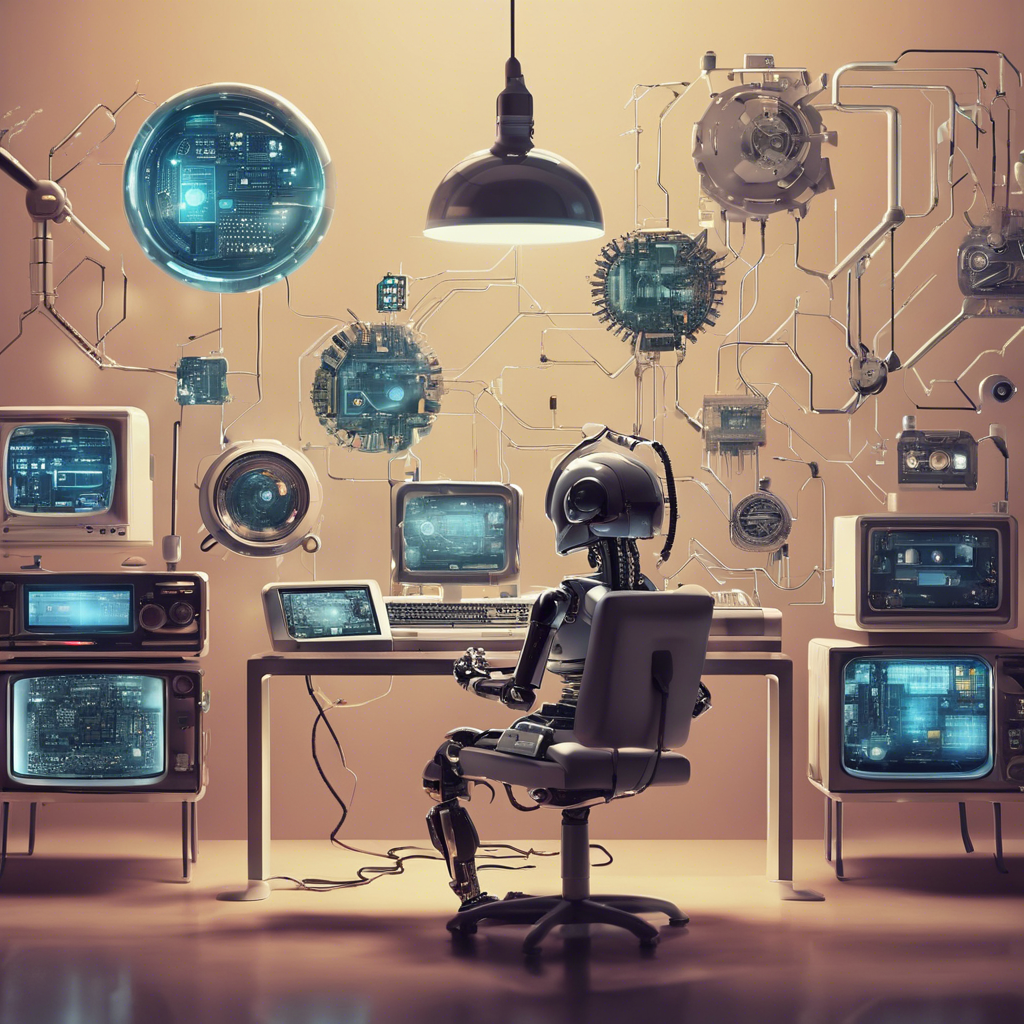
Those involved in media—both social and traditional—are grappling with the implications of the “new” technology of artificial intelligence (AI), including its origins, future directions, and potential risks. The field of AI began at the Dartmouth Summer Research Project in 1956, often regarded as its inception. Subsequent conferences have continued to explore and develop this research area. Fifty years later, over 100 researchers returned to Dartmouth for AI@50, celebrating past achievements and brainstorming future opportunities. Organizer John McCarthy asserted that the conference operated on the premise that any aspect of learning could theoretically be replicated by machines. Prior to Dartmouth, interest in artificial beings emerged in the early 1900s, raising the question of creating an “artificial brain. ” Early robotics, inspired by a Czech play from 1921, primarily involved simple steam- or pneumatic-powered devices capable of basic tasks like walking and making facial expressions. As AI gained traction between the 1950s and 1960s, pivotal inquiries emerged, including whether machines could think—questions that now form the basis of machine learning. Philosophically, the definitions of “machine” and “think” challenge our understanding of AI.
Early definitions may have hindered nuanced perspectives, contributing to widespread misconceptions and mistrust surrounding AI today. Current AI applications rely on sampling, analyzing, and refining data through sophisticated algorithms. In 1950, Alan Turing introduced “The Imitation Game” to assess machine intelligence, involving three players where one, an interrogator, determines the genders of the other two through questions. By substituting one human with a machine, the interrogator must deduce which participant is human and which is a computer, closely resembling modern AI testing. Arthur Samuel furthered AI through his 1952 checkers program, the first to learn independently using a method called “lookahead search. ” This foundational work laid the groundwork for generative AI, which now creates content and solves problems across various applications, from cost reduction to risk analysis. Despite the promise of AI, challenges persist, such as accuracy, bias, privacy concerns, and copyright infringement. In future discussions, the focus will shift toward understanding AI risks and management, especially as its deployment grows wider and more unregulated.
Unraveling the Evolution and Future of Artificial Intelligence


Google Cloud has announced a major partnership with Anthropic, a leading AI company, to expand the use of Google’s TPU (Tensor Processing Unit) chips for training upcoming versions of Anthropic’s Claude AI models.

On October 18, 2025, during the nationwide “No Kings” protests across the United States, President Donald Trump posted a controversial AI-generated video on his platform, Truth Social.

Liu Liehong, Secretary of the Party Leadership Group and Director of the National Data Bureau, recently conducted a detailed survey at two leading intelligent technology companies: Reeman Intelligent Technology Co., Ltd.

Otterly.ai, an innovative Austrian software company founded in 2024, is advancing AI-powered search and answer technologies by providing specialized tools to monitor and optimize brand visibility within these evolving platforms.

A recent MarketsandMarkets report highlights rapid growth in the artificial intelligence (AI) market for sales and marketing, projecting an increase from USD 57.99 billion in 2025 to USD 240.58 billion by 2030—a compound annual growth rate (CAGR) of 32.9%.

Allie Kelly, CMO at Intentsify, examines how Artificial Intelligence (AI) is revolutionizing intent data use and unlocking precision in B2B marketing.

AppLovin APP is marking a significant milestone this October as it accelerates its evolution from a mobile gaming company into a comprehensive AI-driven advertising powerhouse.
Launch your AI-powered team to automate Marketing, Sales & Growth

and get clients on autopilot — from social media and search engines. No ads needed
Begin getting your first leads today